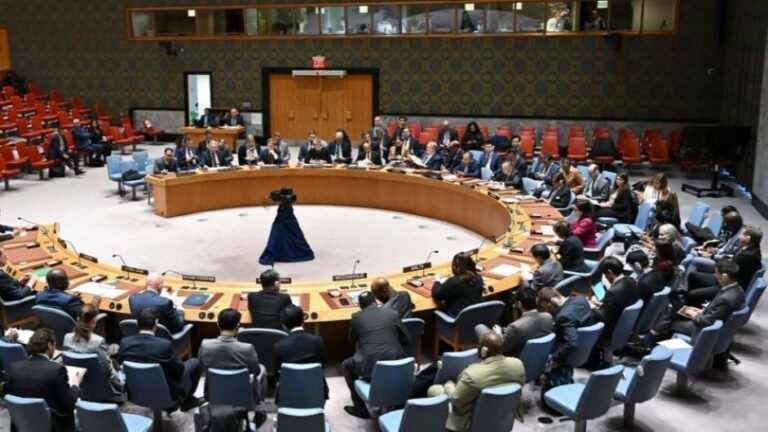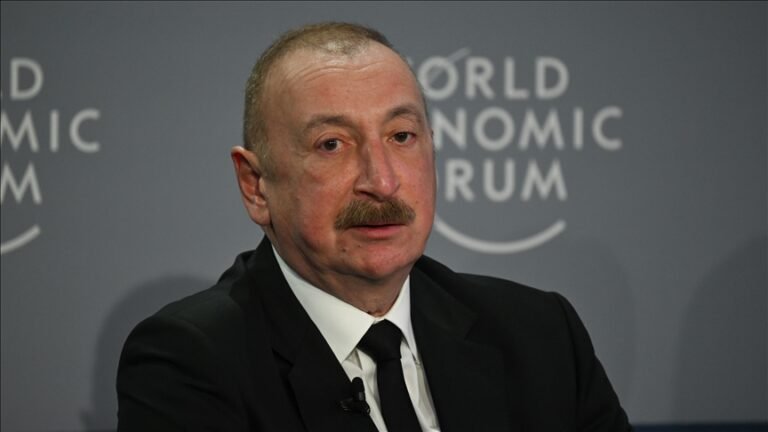Washington, 7 May 2022 (TDI): Isobel Coleman, USAID’s Deputy Administrator, met with Ramiz Alakbarov, the UN Resident and Humanitarian Coordinator (RC/HC) for Afghanistan. This was confirmed by Spokesperson Rebecca Chalif.
The dignitaries got together to talk about the international community’s efforts in Afghanistan. Including continuous efforts to supply Afghans with life-saving humanitarian aid.
The UN’s efforts to promise that the world’s most vulnerable people are reached were also discussed. Current humanitarian access problems in Afghanistan were discussed by Deputy Administrator Isobel Coleman and RC/HC Alakbarov.
Deputy Administrator Coleman raised concern over claims of increased Taliban impact and attempts to control humanitarian aid distribution. They also reviewed medium-term support choices and humanitarian relief to address the ongoing humanitarian and economic disaster.
The humanitarian situation in Afghanistan
Serious hunger is on the rise across the country. Food insecurity and insufficient food consumption among households are also on the rise. Every day, Afghan children are starving to death.
Since August 2021, 82 percent of Afghan families have seen pay losses. According to a ‘Save the Children’ survey from February, almost one out of every five children works, while 7.5 rely on charity for money or food.
The situation in Afghanistan has a major impact on Afghan women and girls. Food, health care, and money resources are difficult to come by for them. Women have been left out of most paid jobs due to Taliban rule.
This has impacted households where women are the only or primary wage earner. Almost of female-headed households have insufficient food consumption. 85 percent are making serious efforts to secure food.
The health-care system has broken down, affecting mother and infant health as well as reproductive health services. Women’s health has been put at risk and limited.
Several factors have led to the humanitarian situation in the country. Severe drought and the impacts of decades of war are among them. The major criminal, however, has been the economic factor.















